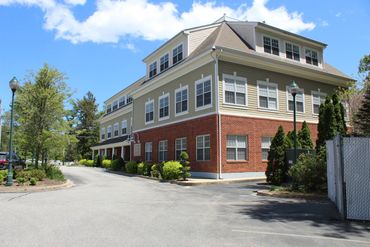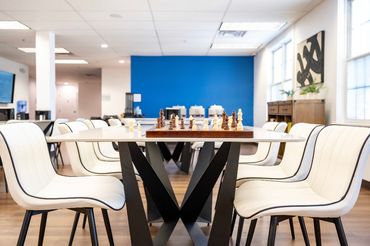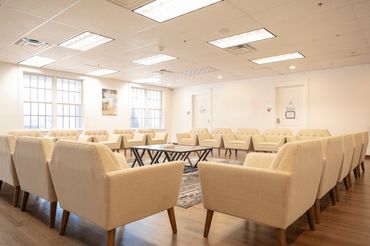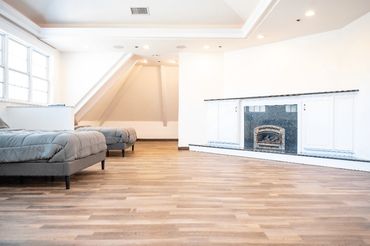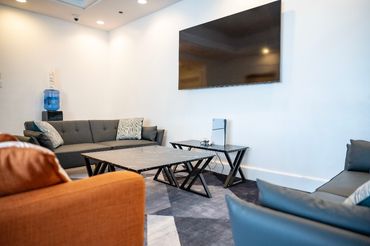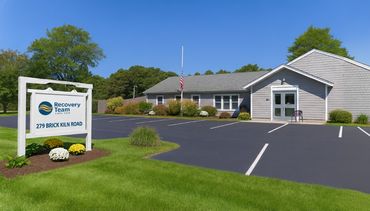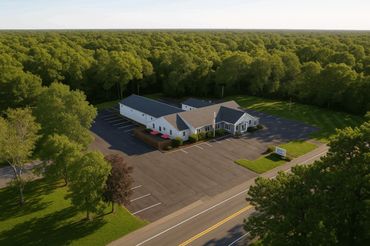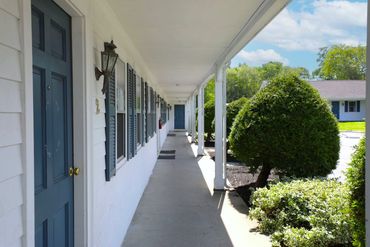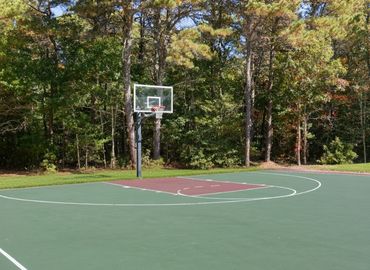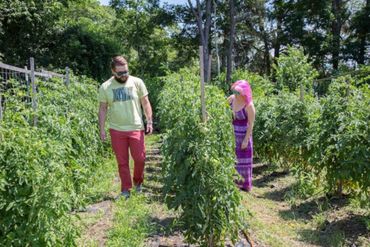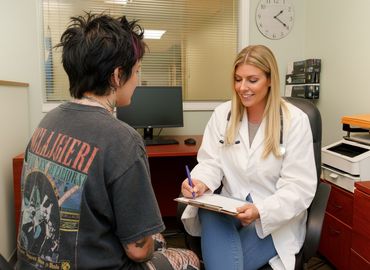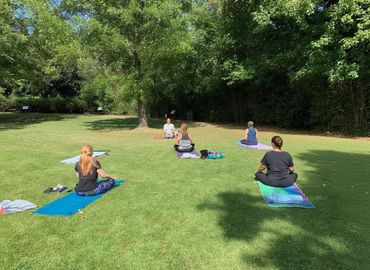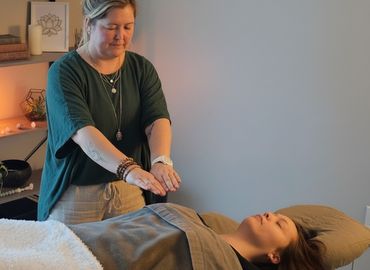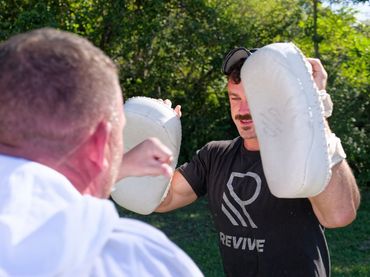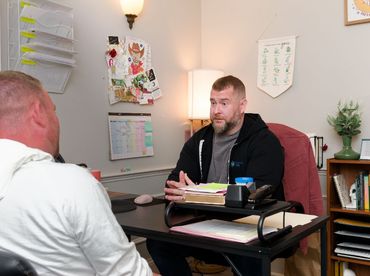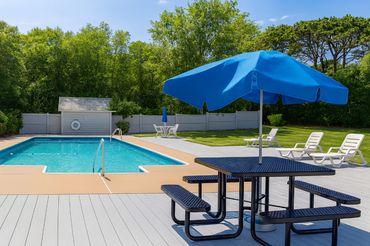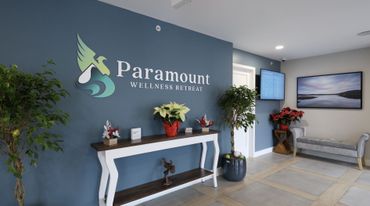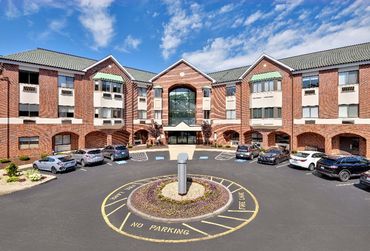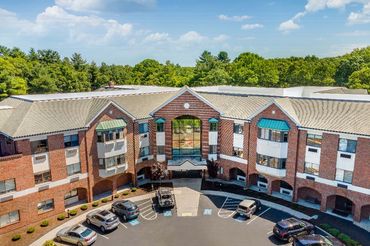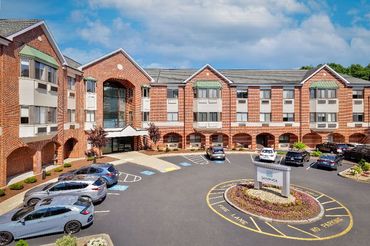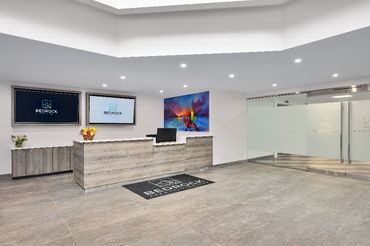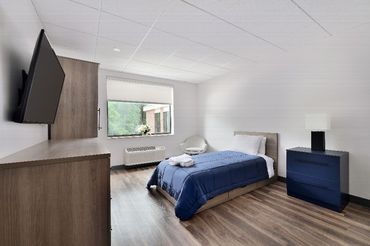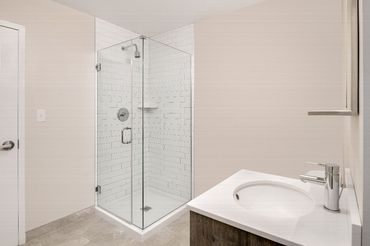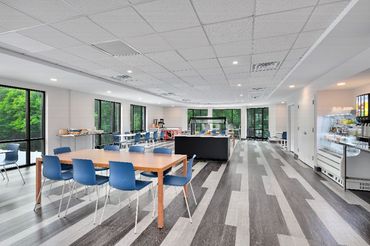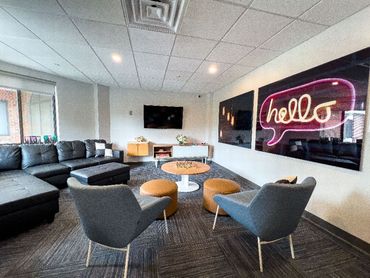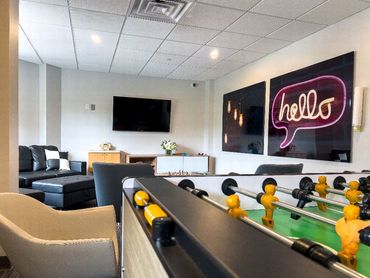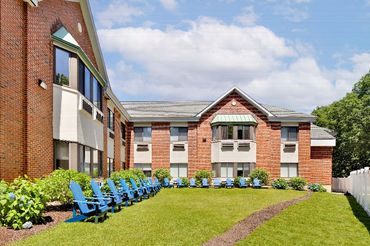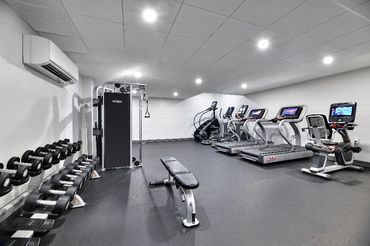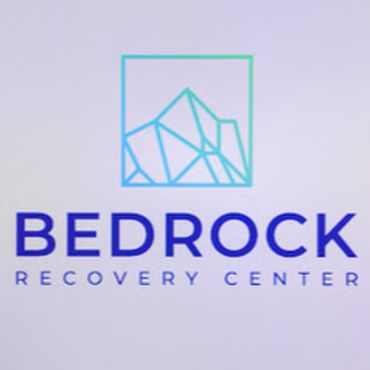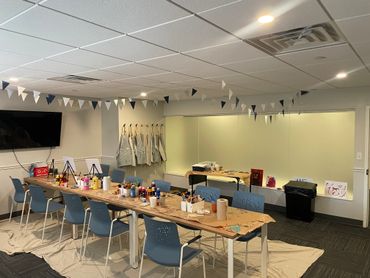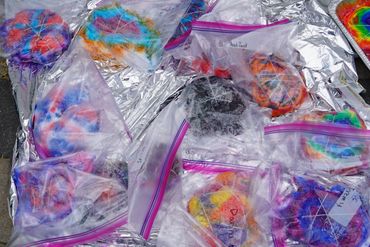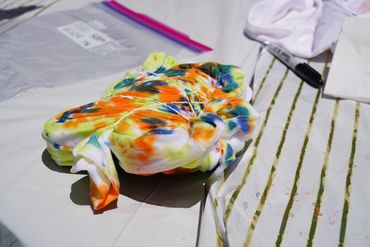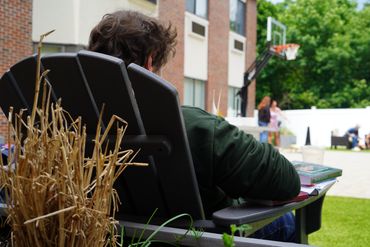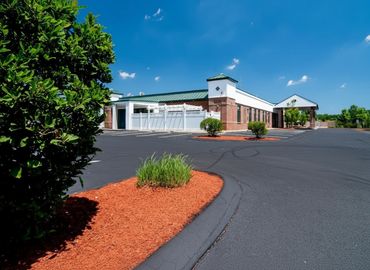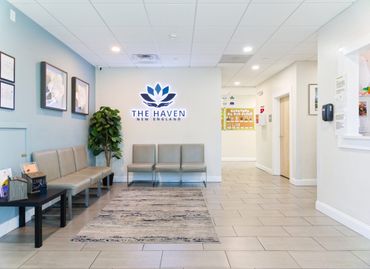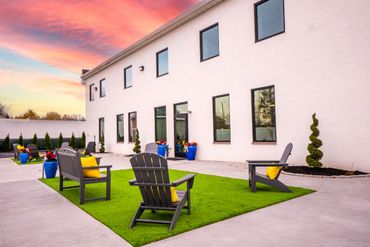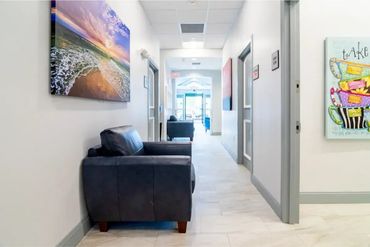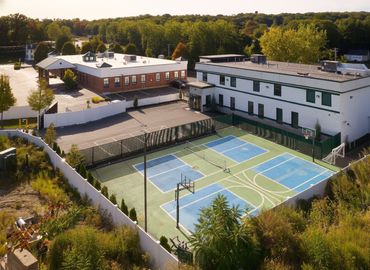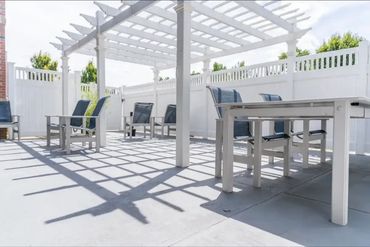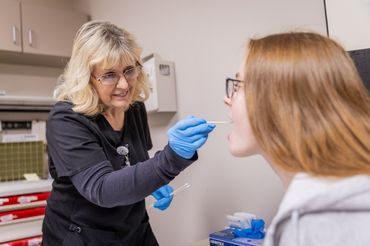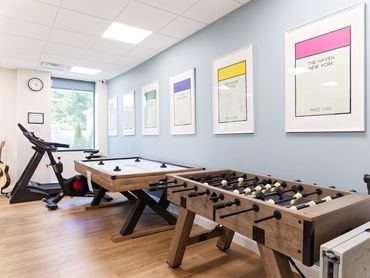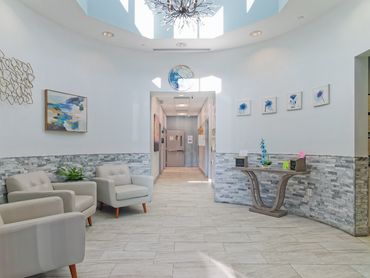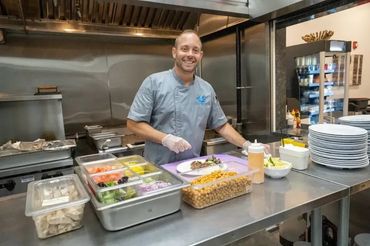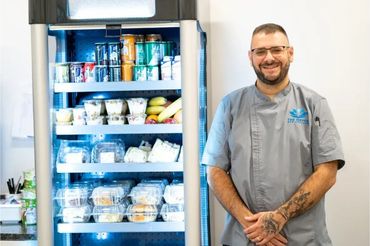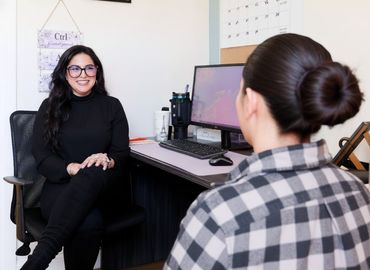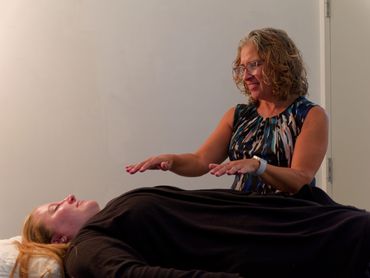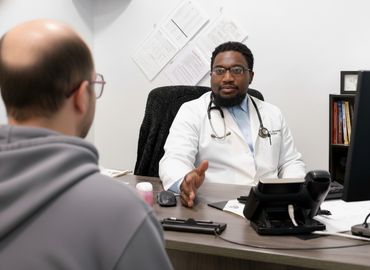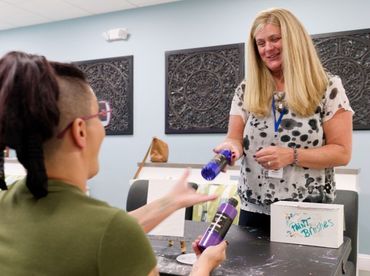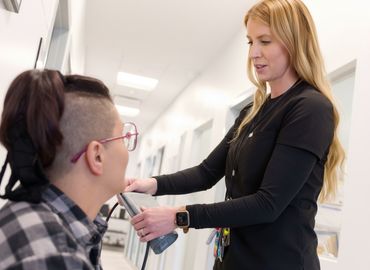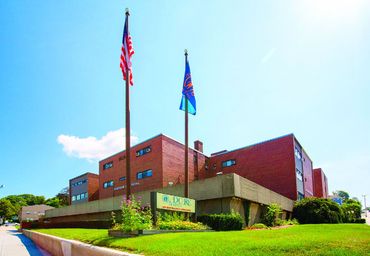
Drug & Alcohol Rehab Centers near Kingston, RI
If you’re looking to help yourself or someone you love struggling with drug or alcohol addiction in Kingston, RI, Rehabs.com presents large online database of executive clinics, as well as myriad other choices. We can support you in finding substance abuse treatment facilities for a variety of addictions. Search for a perfect rehabilitation clinic in Kingston now, and take off on the path to a better life.
Treatment Centers near Kingston, RI
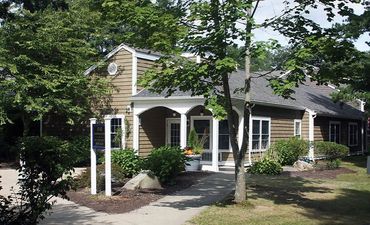
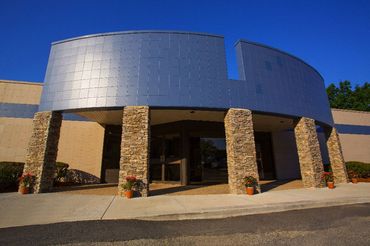
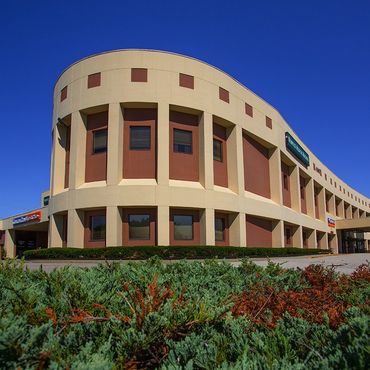
All Treatment Centers near Kingston, RI
Are You Covered For Treatment?
- Providence Rehabs
- Warwick Rehabs
- Pawtucket Rehabs
- Woonsocket Rehabs
- Cranston Rehabs
- Johnston Rehabs
- Middletown Rehabs
- Newport Rehabs
- North Kingstown Rehabs
- East Providence Rehabs
Information About Rehab in Kingston
Latest Reviews
Latest Reviews of Rehabs in Rhode Island
Teen Challenge Rhode Island
My cousin was treated here although technically she could be my daughter Bridget lived with me when she came out of treatment from another program and was clean from heroin for a couple of years but she did drink often telling me that that was not her poison. And never going to meetings. So it did not take her long to spiral out of control. She often would tell me in our many arguments that going to meetings were not for her. I would tell her she needs to make a connection, find an outlet something to resonated with. Well she spiraled and that is how she landed on the door step of Teen Challenge Road Island. And Thank the heavens above that she did because she would not be with us today had she not. Since Bridget has been In the program she is a new person She has made a connection with God and a connection with herself. It is wonderful to see how healthy and happy she is. The change has followed through in all aspects of her life. And she continues to grow and connect with her family and her children. She is doing and internship with Teen Challenge and just continues to grow. This program is amazing it shows the woman about self worth and how to love the person they are All with the power of God’s words This program has given Bridget her life back for that I am truly thankful. And I can not wait the red the next chapter in Bridgets life.
Butler Hospital
The quality, service and staffHigh quality program that had a tremendous positive and effective impact to my life.
Gateway's Eastman House
I entered Eastman house March 3rd 2011 completed the program June 3rd 2011 I am still clean and sober as of this date I found this treatment center to give me the foundation of safety education on substance abuse one on one counseling transportation to and from daily Na and AA meetings I found staff to be fully educated in the substance abuse area and fully cooperative for mine needs not only for my inpatient residence but for my aftercare therapy in which they offered they also provided Ways and Means for insurance snap insurance and things that I would need to step out back into the world I give this program a five star for the simple fact that I am still clean and sober and Eastman house Pawtucket Avenue is where I started my new life
